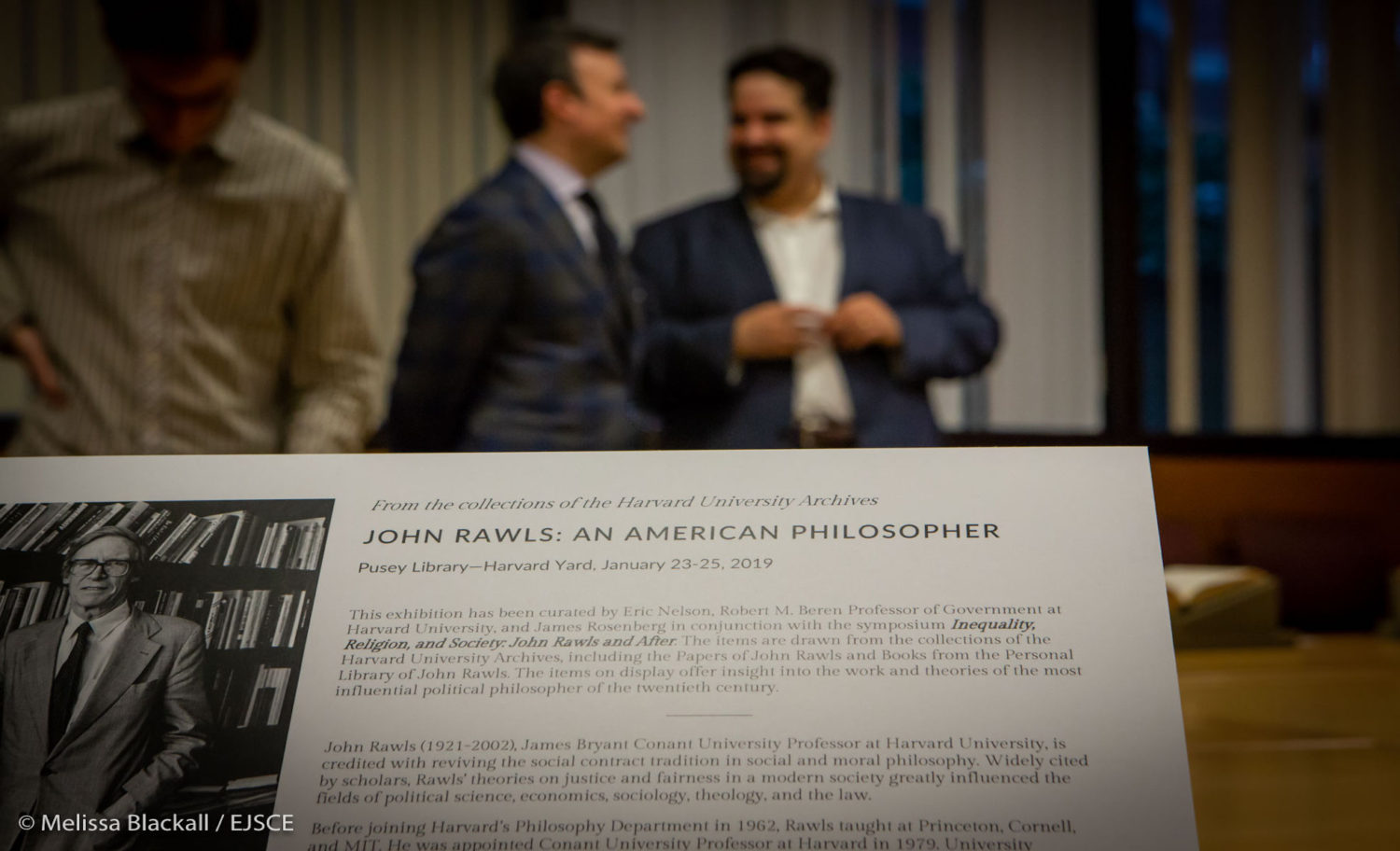Revisiting Rawls
What can Labour learn from John Rawls? Richard Willis explores
The American theorist John Rawls made a number of academic and political contributions that are widely regarded as having a significant social and economic impact in the 20th century. Rawls’ socialist outlook, his relationship with New Labour and his spiritual beliefs offer lessons for Keir Starmer.
Rawls studied at Princeton University before joining the army and serving in the Pacific during the second world war. His first book, A Theory of Justice, published in 1971, details a series of ‘social contracts’ going back to the Greeks. It sold well. A follower of classical liberalism for many years, he was later to defend socialist principles and become a harsh critic of capitalism. In particular, much of Rawls’ later writing was influenced by his experiences of growing up in racially segregated Baltimore in the United States.
Rawls’ theories were scrutinised by New Labour. As we know, the marketing of a new blend of socialism promised great hope, and Tony Blair had been keen to take on board, within reason, any suitable philosophical endorsement for his ‘new’ brand of politics. But as Michael Sandel reveals in his book Liberalism and the Limits of Justice, Rawls’ philosophy was not one to be officially accepted. Sandel goes on to show that for Blair, Rawls had gone beyond the pale and could not be readily redeemed as a socialist for initially being a staunch neoliberal. Blair must have been very discouraged by Rawls’ earlier work which surely contributed to the excesses, selfishness and greed of the 1980s.
Yet there is still an inconsistency here, since Rawls harboured a dislike for meritocracy – a position not shared by Blair. “We are meritocrats,” Blair said in his adoption speech as a candidate for Sedgefield in 2001. Rawls’ argument against meritocracy were that some individuals through no apparent fault of their own are disadvantaged at birth, either physically or mentally, so that they are unable necessarily to compete fairly, even in a democracy. In this sense, Rawls’ socialist credentials were stronger than those held by Blair.
William Edmundson, professor of law and philosophy, portrays Rawls as a ‘reticent socialist’. What particularly disturbed Rawls was the capitalist regime and its tendency to concentrate power or monopolise the levers of production. Such a principle would seem to resonate with those in Labour who, like Starmer, describe their position as ‘soft left’. Rawls’ exclusion from New Labour’s philosophical underpinnings, and his distance from the type of anti-liberal positioning seen from Jeremy Corbyn, would seem to allow Starmer to adopt some of the American philosopher’s mature teachings.
It is also interesting to note that in his early life, Rawls was a committed Christian. He did even consider entering the priesthood. It was his experience of war that caused him to lose his faith, even though he continued to be a champion for social justice. Rawls’ dissertation, A Brief Inquiry into the Meaning of Sin and Faith, is a seminal record of his religious beliefs. But it was later that his atheism became shaped by misguided individuals, as for example, when a Lutheran chaplain who gave a sermon claimed that: “God aimed our bullets at the Japanese while God protects us from theirs”. To base one’s faith on the words of a foolish cleric does not rank highly in the grand scheme of things.
Rawls’ atheism was later echoed by Alastair Campbell, Blair’s spin doctor, who once famously said: “We don’t do God”. Is the message behind such a comment still justified?
Keir Starmer would be ill-advised to make his party fight any form of religious crusade, but he should be encouraged when he thinks it fit to hit home a message that promotes religious and spiritual redemption. The lesson here is for Labour not to pass laws enforcing every citizen in the UK to go to church, but instead to let religious groups of all faiths (not extremists who advocate terrorism) know that their beliefs will be recognised and respected.
One example that has been advanced in the US, is to underscore the importance of Christianity on Labor Day. Replicated in the UK, the government could bring back the formal recognition of workers through such a day, whilst also emphasising the value of religion on that day. This is because a very popular theme in scripture is work. In Islam, work is perceived as a virtue and those who work hard are believed to be more successful in this life and the afterlife. In Hinduism, work is seen as a form of worship, and must be carried out with the aim of reaching God. It would seem therefore that the world’s biggest religions believe in the special place of work in life.
Such a message would need to be moulded by party decision-makers, but my general point is that there should be greater attention paid in politics to religious endeavour.
In the wake of parliamentary lies and ‘partygate’, Boris Johnson cannot now seriously claim that he has huge moral or religious principles. The door is open for Labour to make the case for an ethical and humane approach, rooted in Rawls’ socialist thought.
Image credit: Edmond J Safra Center for Ethics/Flickr

